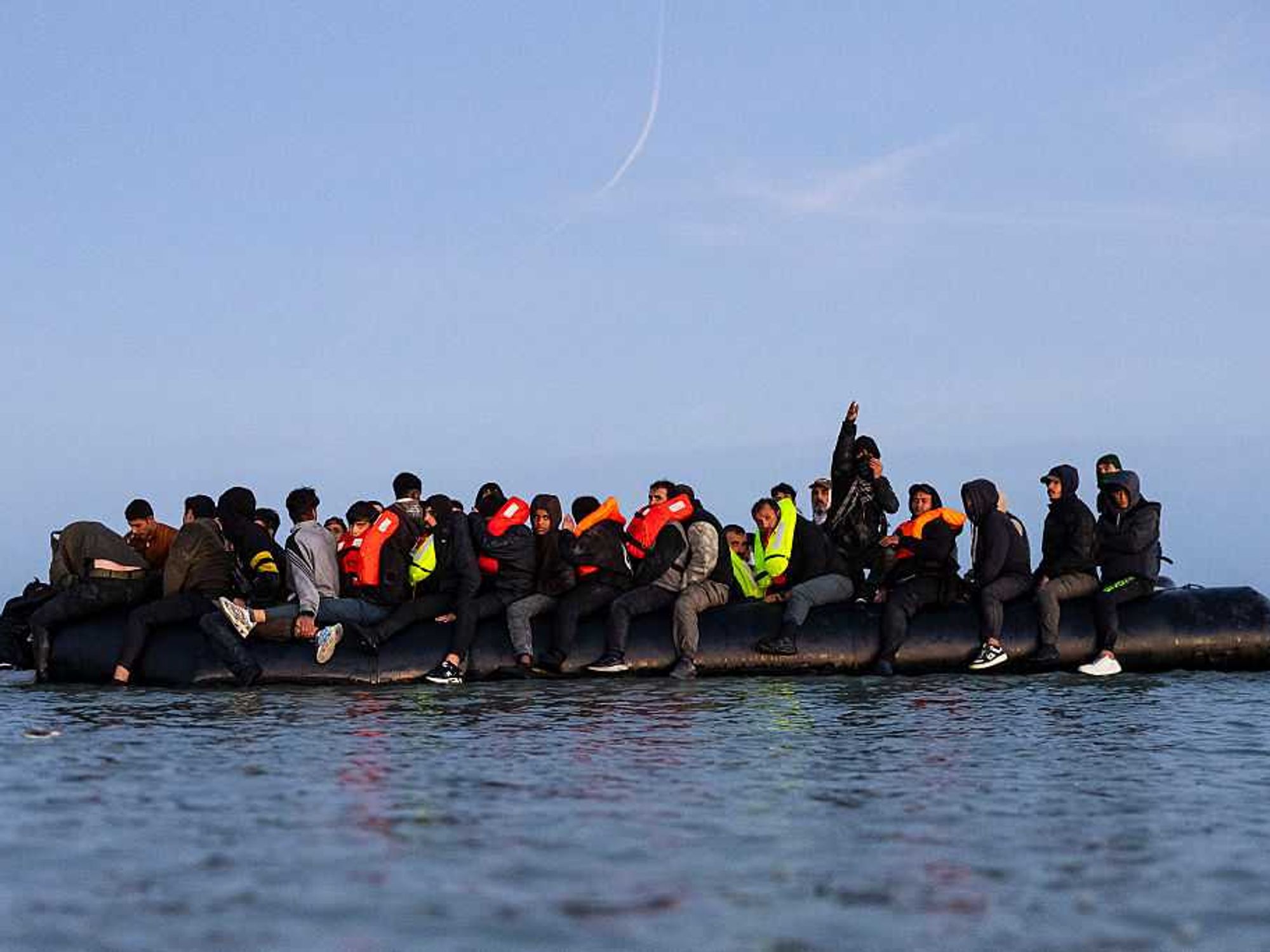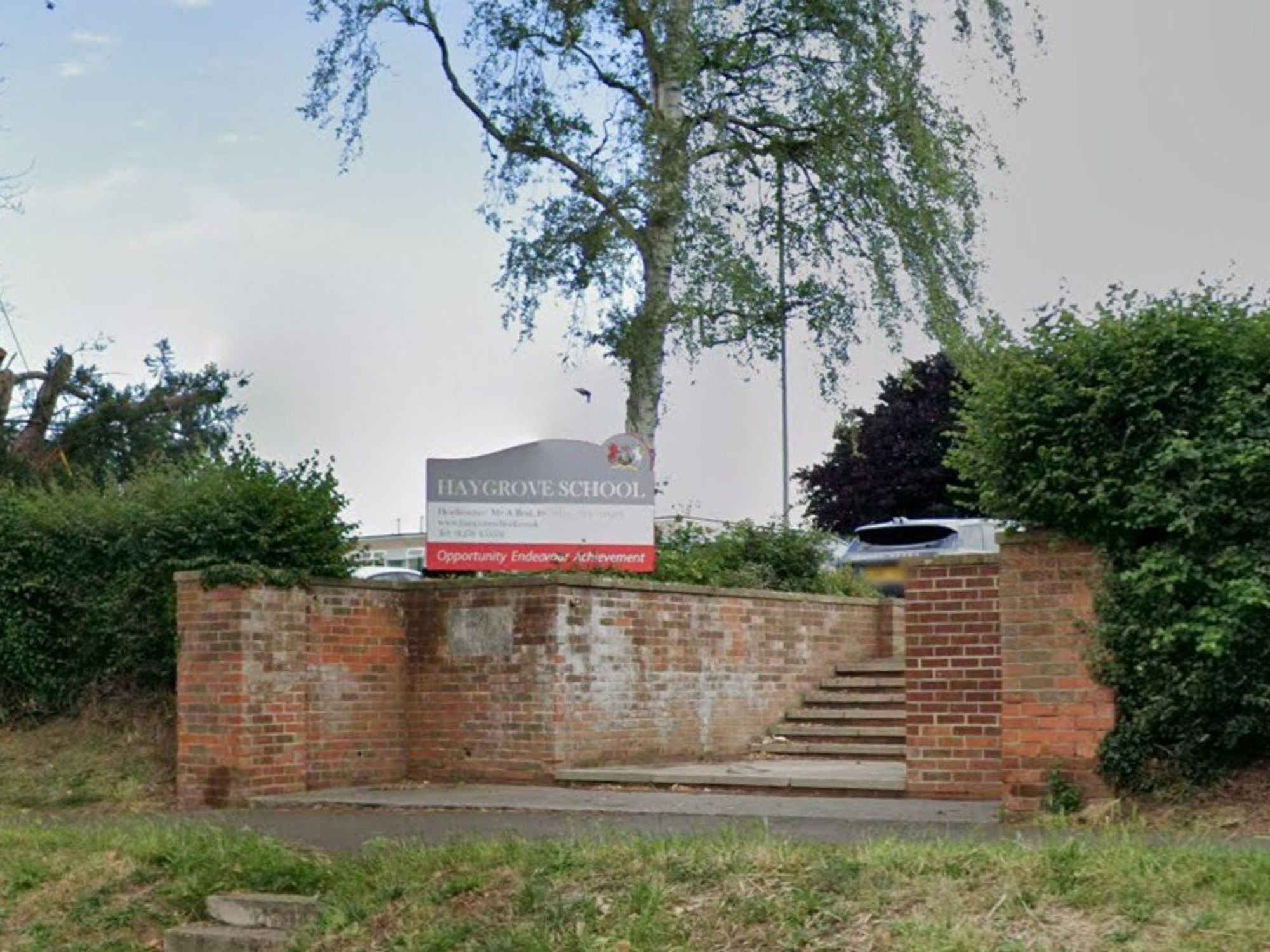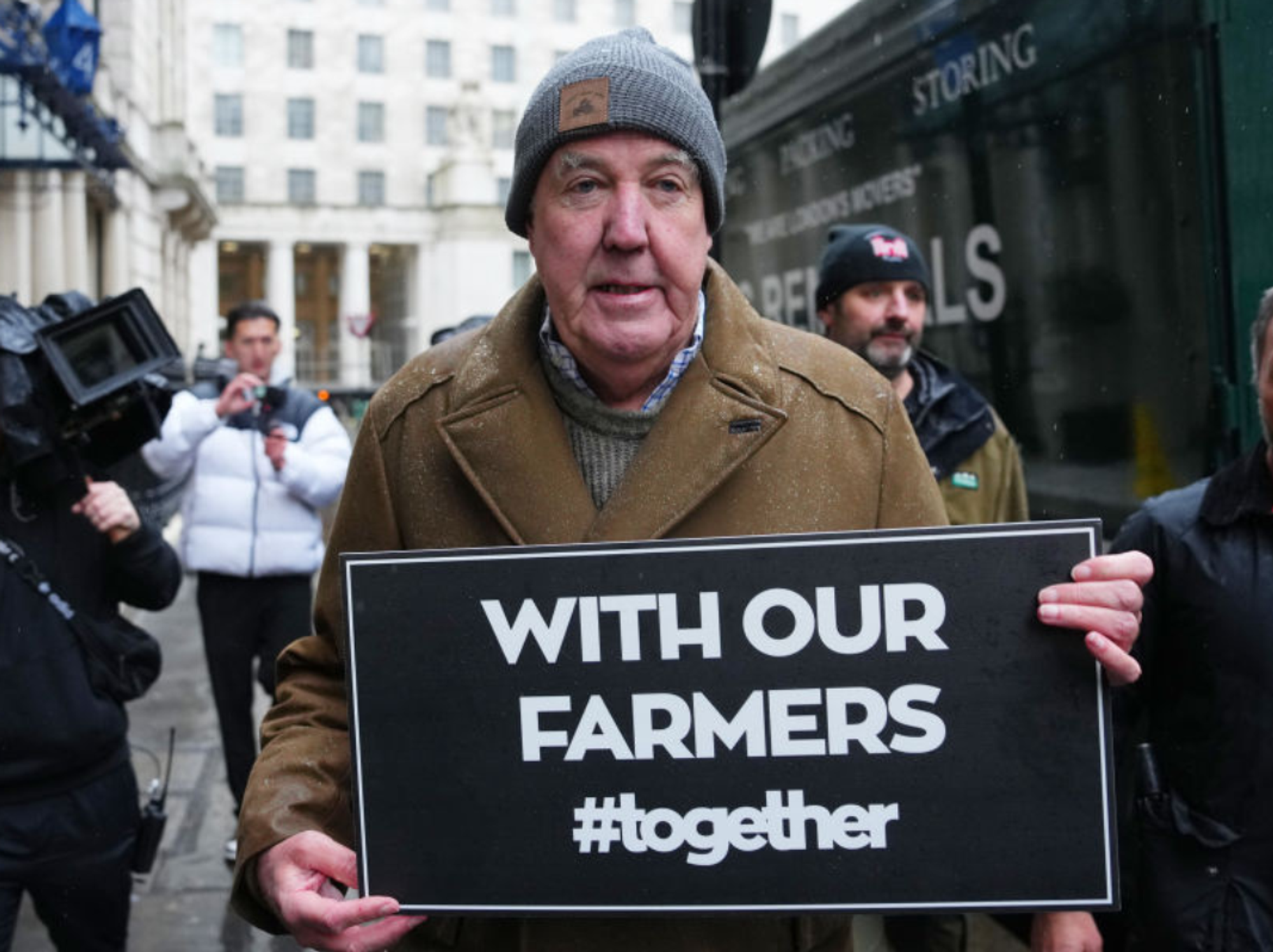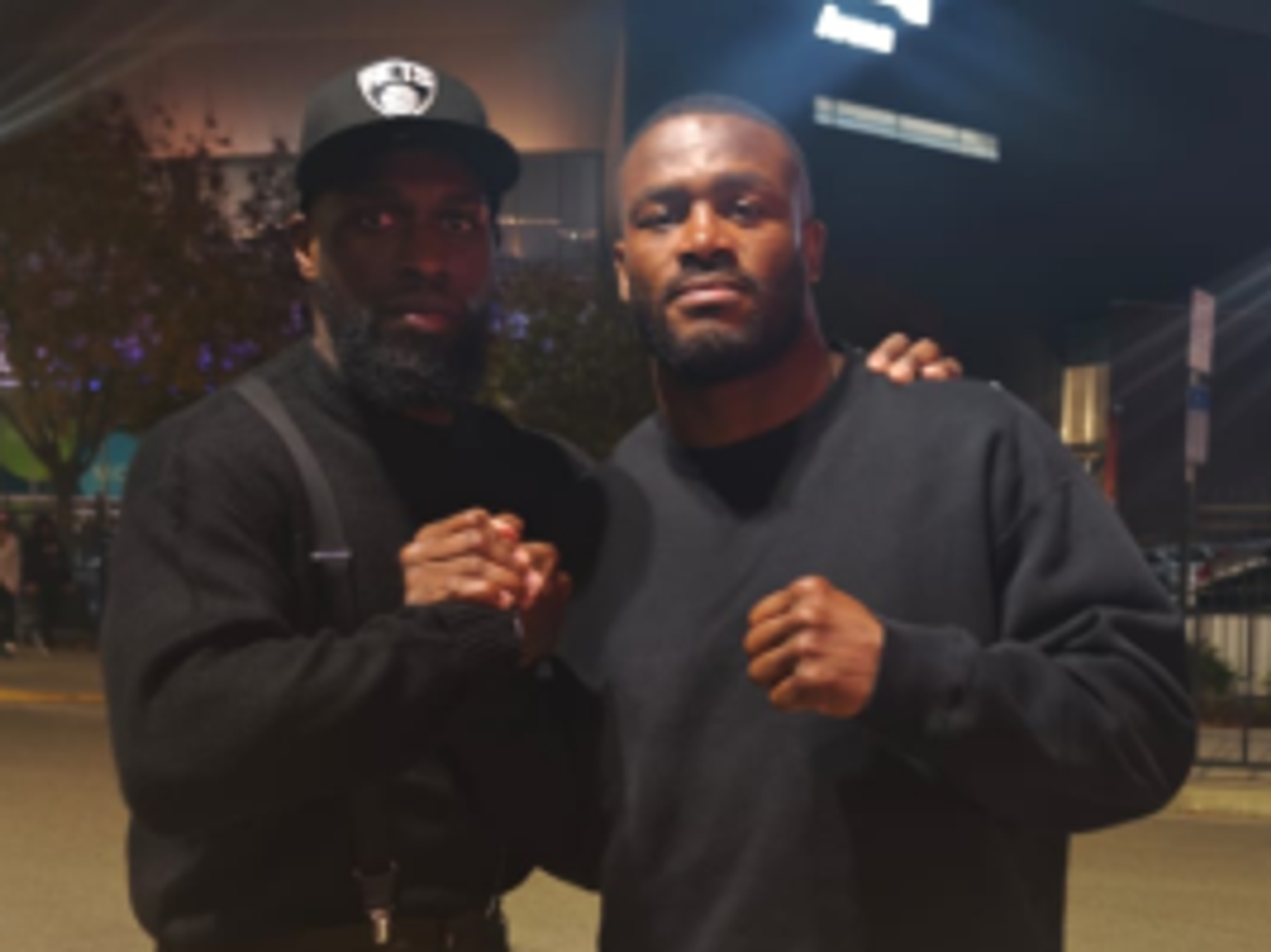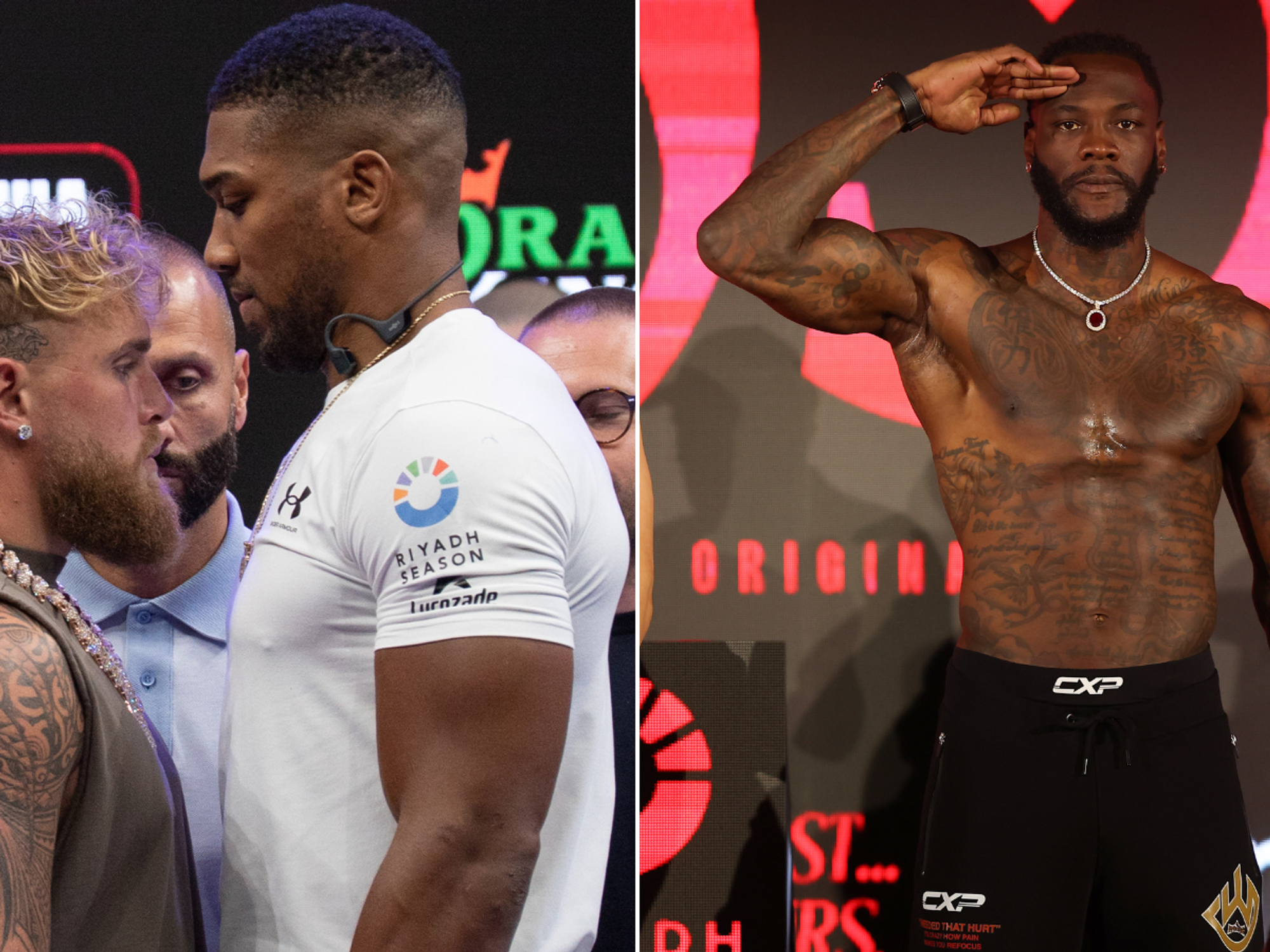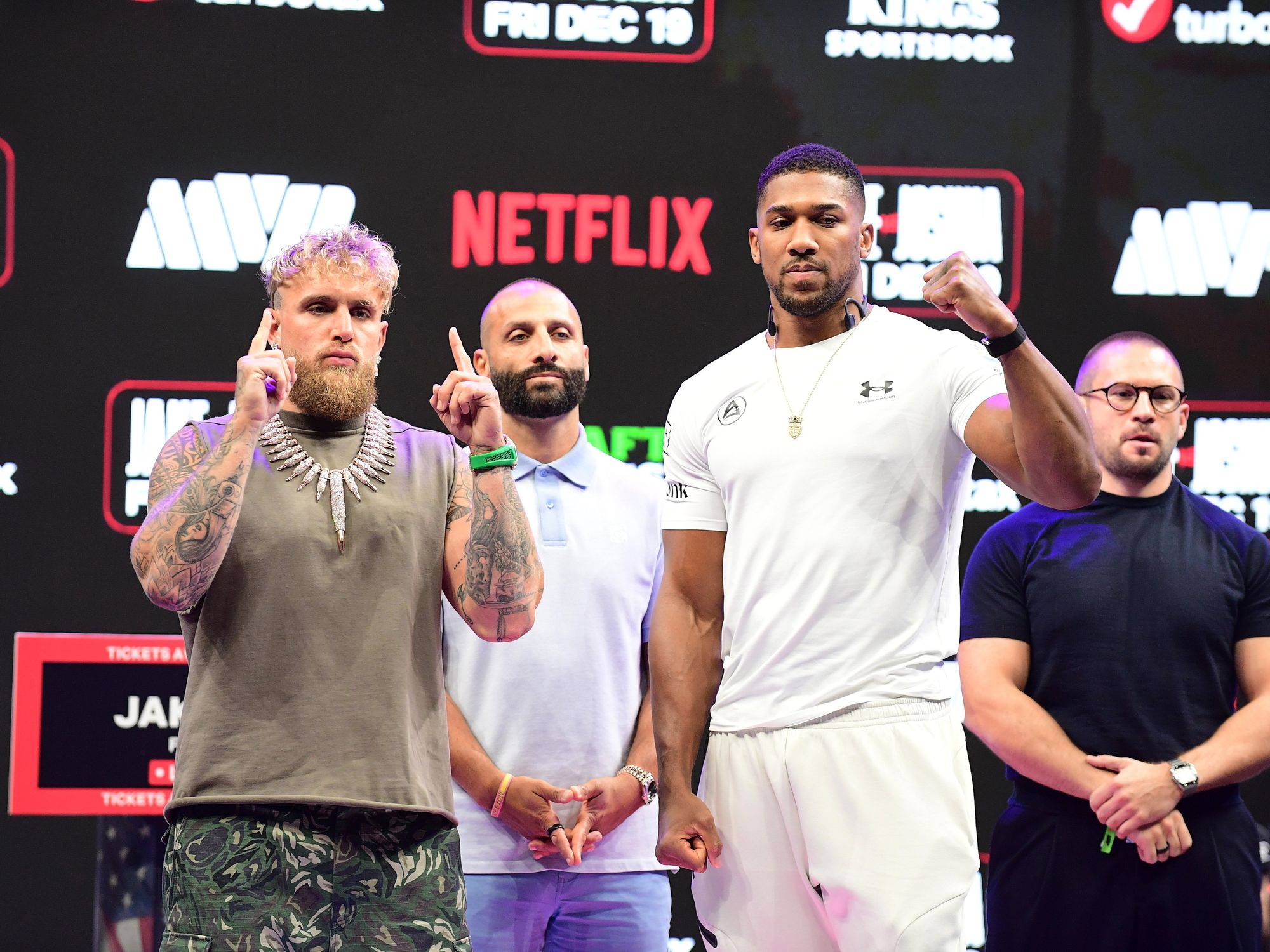'Craziest campaign' by woke lefties to BAN Man Utd and Man City crests over 'slavery links'
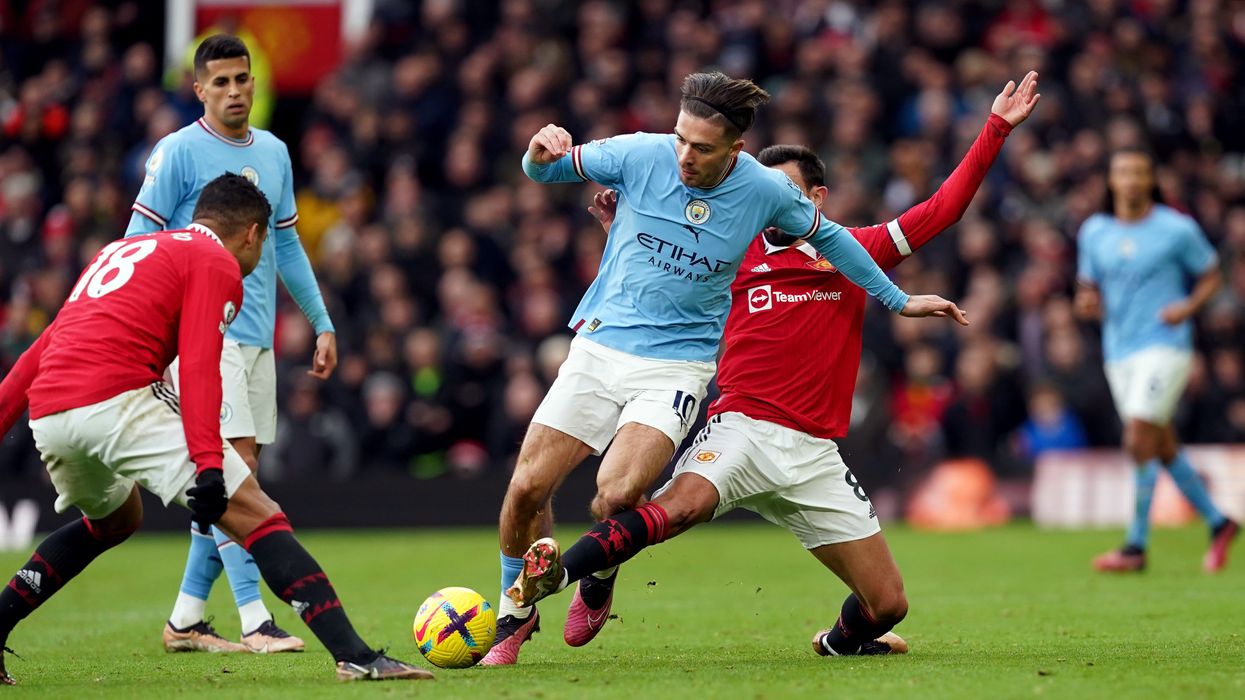
The fierce Manchester rivals’ crests both feature the merchant ship which also appears on the city’s coat of arms
|PA

The fierce Manchester rivals’ crests both feature the merchant ship which also appears on the city’s coat of arms
Don't Miss
Most Read
Latest
Manchester United and Manchester City have both come under pressure to alter their badges over purported links to the slave trade.
The Red Devils and Sky Blues were brought into the controversial debate after an article in The Guardian claimed the ships shown have “nothing to do with football”.
Journalist Simon Hattenstone, who penned the article, asked whether now is the time to replace the emblem with the bee.
The winged insect previously featured on both Manchester clubs’ shirts and was made famous following 2017’s Manchester Arena bombing.
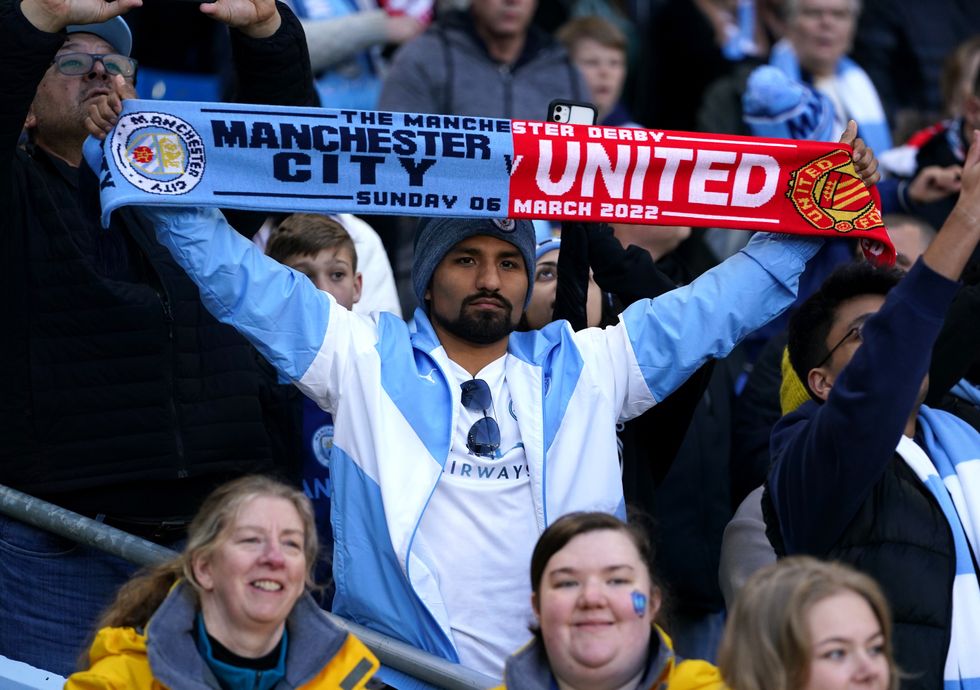
A Manchester City fan holding a half-and-half scarf
|PA
Manchester, known for some time as Cottonopolis, is historically associated with merchant vessels and the city’s coat of arms first carried a similar image in 1842.
Two MPs have come out against the suggestion that either club should change their crests.
Blackley & Broughton MP Graham Stringer claimed: “Manchester had nothing to do with the slave trade.”
Stringer, who served as Lord Commissioner of the Treasury under Tony Blair, added: “People from the city at the time of the US Civil War in 1861 protested against slavery. This is one of the craziest campaigns I have ever seen.”
South Ribble’s Manchester-born Tory MP Katherine Fletcher championed the “welcoming” residents of England’s third-largest city.
But Greater Manchester Mayor Andy Burnham appeared to back the bee without going as far as to question the use of merchant vessels.
The ex-Health Secretary, who is a lifelong supporter of Merseyside club Everton, told The Guardian: “It’s not for me to mess with the badges of our clubs, nor the crest of the council. But it is my job to help build a positive, shared, modern Greater Manchester identity and that is what I hope the Bee Network will do.”
Other local experts have come out to criticise the rebrand campaign and claimed the merchant vessel represents the city’s proud free trade history.
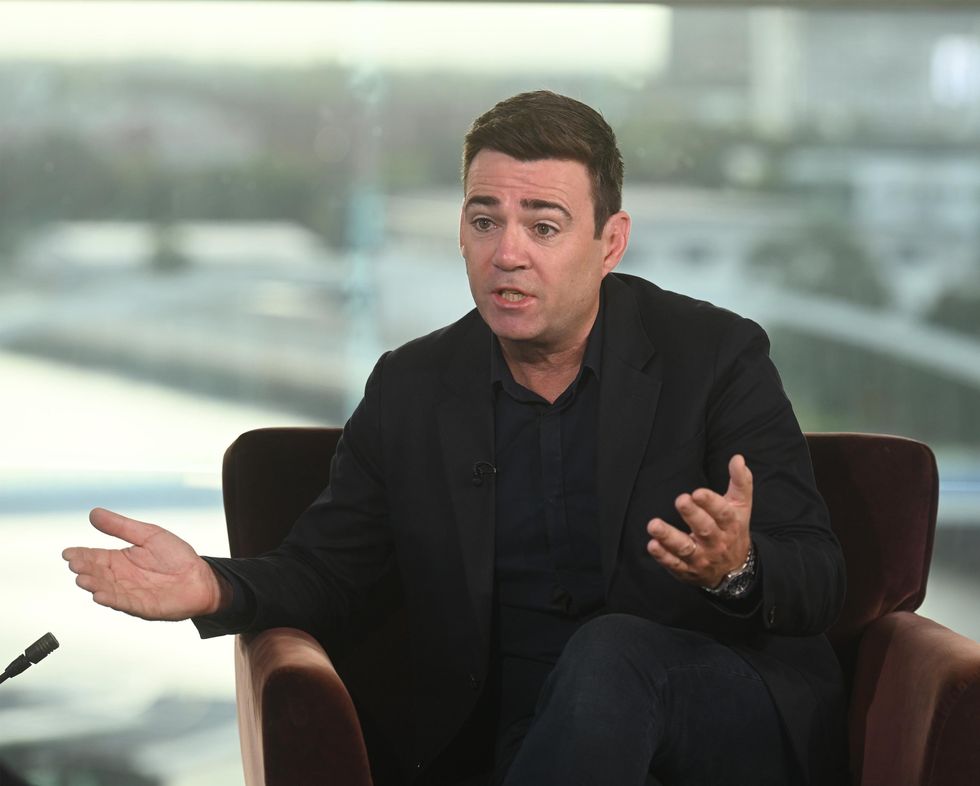
Greater Manchester Mayor Andy Burnham appeared to back the bee without going as far as to question the use of merchant vessels
| gbnewsRed Devils historian JP O’Neill voiced further concern about Hattenstone’s claims, labelling them “ridiculous” and “contradictory”.
He added: “Not only did the club badges long post-date the abolition of slavery, the clubs themselves were only founded decades after slavery was ended.”
O’Neill also pointed out how Manchester’s cotton workers refused to work with slave-picked staple fiber during the American Civil War.
Manchester United historian Iain McCartney, who has written several books on England’s second most successful football club, suggested the issue had been blown out of proportion.
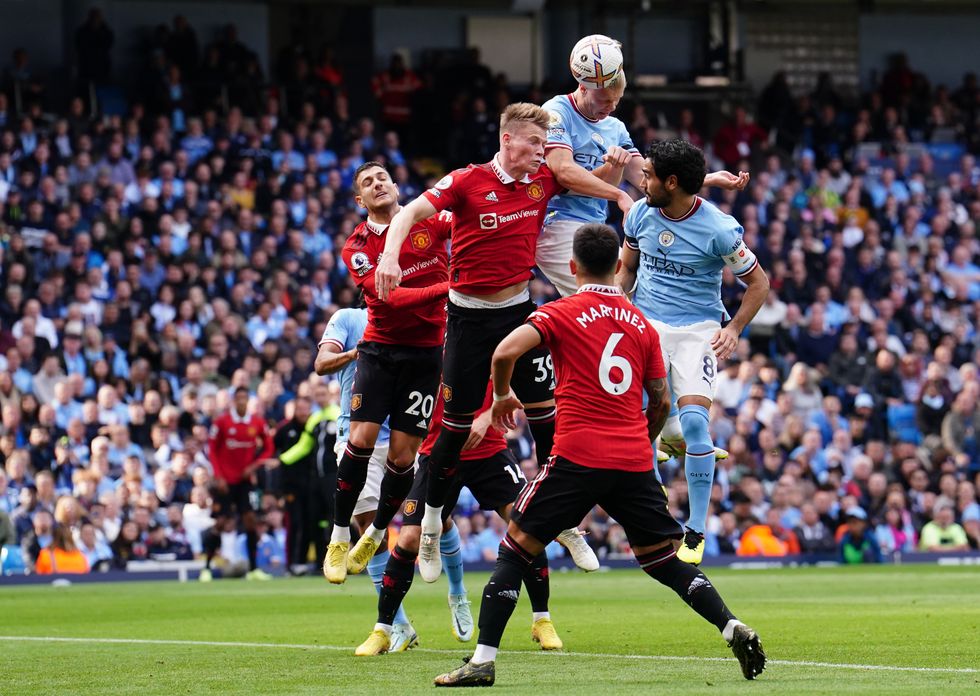
Two MPs have come out against the suggestion that either club should change their crests
|PA
He told MailOnline: “I don’t think there is anyone who supports either club who has ever considered the badge as a link to slavery and refused to buy or wear anything with it on it.
Neither will any players have refused to sign for one or the other because of the badge and its links to slavery. None would have given the matter a second thought or even been aware of it.”
The slave trade was outlawed across the British Empire in 1834.
Manchester City were created in 1894 after brief stints known as St Mark’s and Ardwick Association FC.
Manchester United’s rebrand from Newton Heath came slightly later in 1902.
The ship was introduced to the Red Devils crest following the name change and remained an important feature after the Second World War.
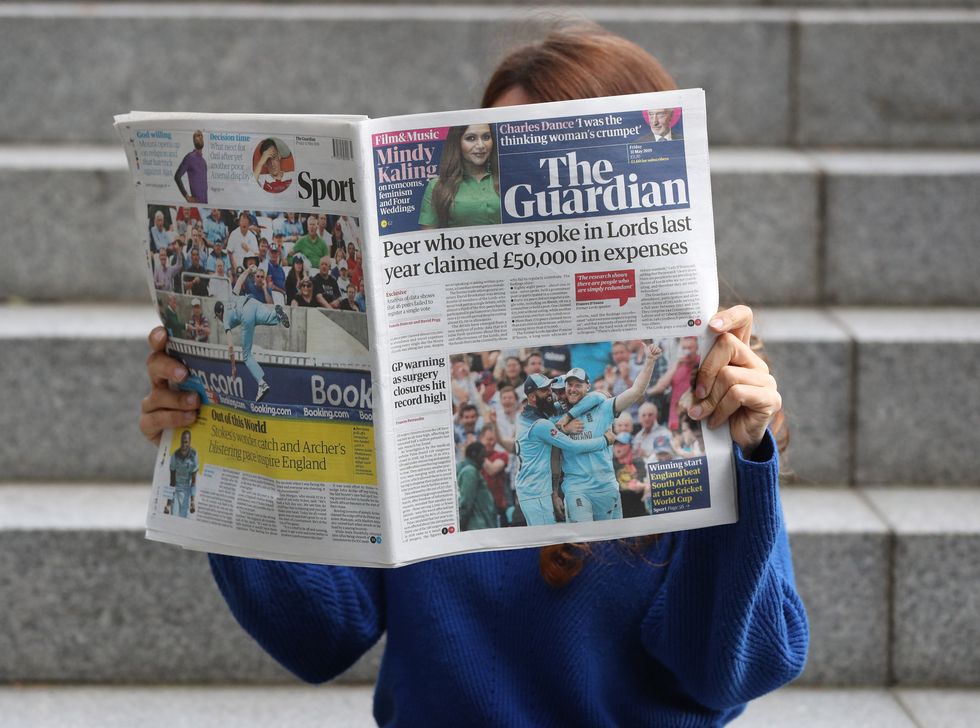
The newspaper, then known as The Manchester Guardian, was founded by John Edward Taylor.
|PA
Despite undergoing several rebrands over recent years, the Citizens have consistently used the ship on their badge.
The Guardian also has a complex history with slavery.
The newspaper, then known as The Manchester Guardian, was founded by John Edward Taylor.
Taylor had links to slavery through his partnerships in the cotton companies Oaken & Taylor and Shuttleworth, Taylor & Co.
Nine out of The Guardian’s 11 funders were also found to have had various links with transatlantic slavery.
The Guardian’s current owner recently apologised for the newspaper’s role in transatlantic slavery and announced a decade-long programme of restorative justice.





